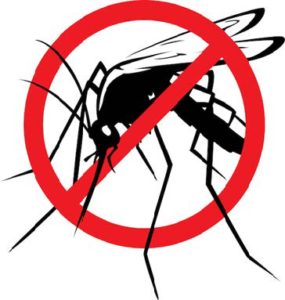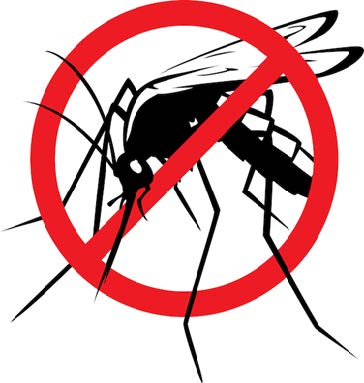New York City’s Message About Zika

Summer 2016
Dear Colleagues,
Many of you are aware that Zika virus is affecting parts of Mexico, Central and South America, and the Caribbean. Zika is usually spread by mosquitoes, and the type of mosquito linked to the current outbreak lives in these places.
Zika has not been found in New York City mosquitoes or in any mosquitoes within the continental US—but we are working daily to protect New Yorkers from this emerging health concern and to make sure our City is ready to respond quickly if we start seeing Zika that was acquired locally.
To reduce the possibility of local transmission, we are monitoring local mosquito populations and applying pesticides throughout the summer months to cut down the number of mosquitoes. Find more details on when we spray for mosquitoes at nyc.gov/health/mosquito. We are also coordinating closely with the Centers for Disease Control and Prevention (CDC) and the State to monitor the situation—and we are consulting with health experts in Zika-affected places to learn from their strategies.
To ensure that New Yorkers have the latest information on Zika, we are distributing guidance and travel warnings to health care providers, community and faith-based organizations, elected officials and the public.
It is important to keep in mind that Zika cannot be spread through casual contact, though it can be spread through sexual or blood contact. At this time, the most important way New Yorkers are exposed to Zika is by travel to an area where Zika transmission is ongoing. Most people who get the virus have no symptoms, or just mild ones. But since Zika causes birth defects, it is imperative that we protect pregnant women. Women who are pregnant or are trying to become pregnant should not travel to countries that have Zika. And their male partner should be aware that if he travels to these areas, safe sex or abstinence is recommended on return.
Each one of us can help our city “fight the bite” by getting rid of standing water, wearing insect repellent and using window screens—and by protecting ourselves when visiting Zika-affected areas.
This summer let’s come together as New Yorkers to stop mosquitoes and protect anyone who could be at risk. Report standing water online or call 311. For additional information on Zika and the City’s response, please visit nyc.gov/health/zika. Your health and safety are very important to us.
Sincerely,
Mary T. Bassett, MD, MPH
Commissioner
Department of Health and Mental Hygiene







